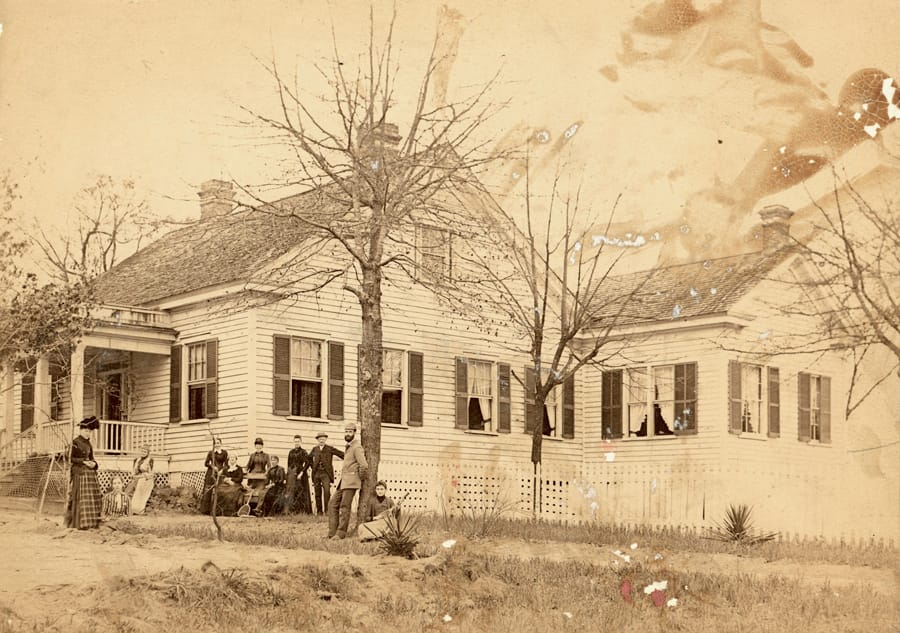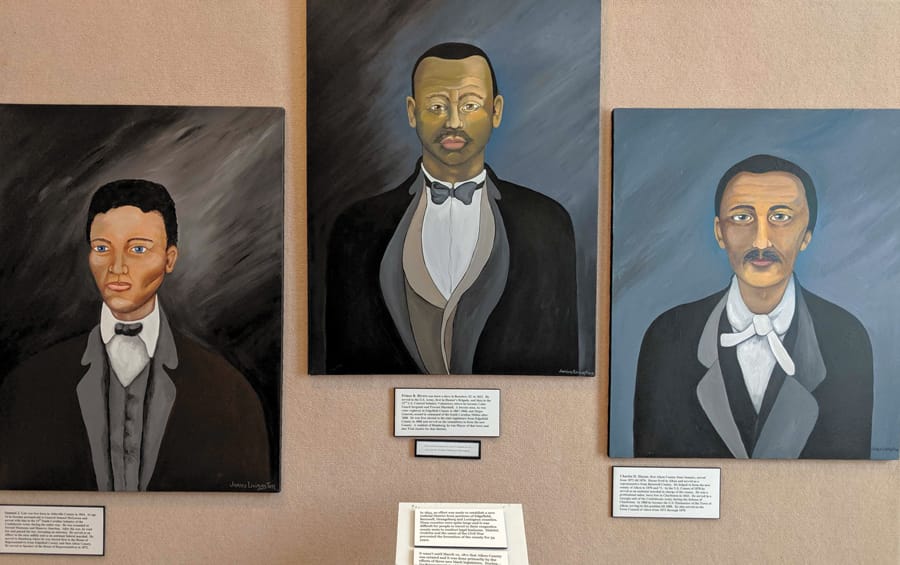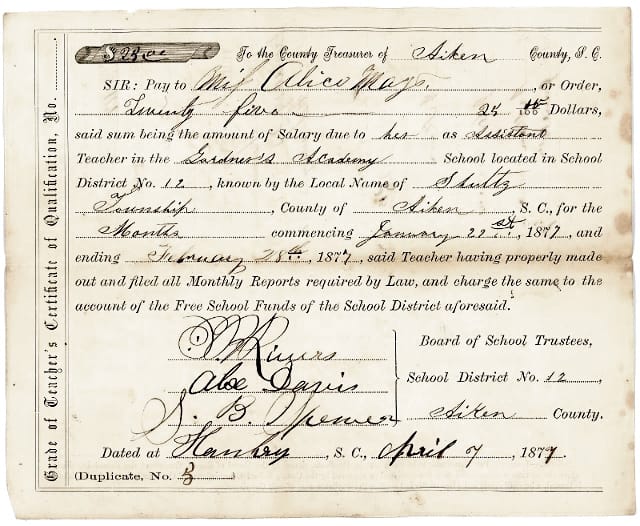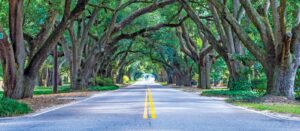As part of the celebration of African American history during the month of February, we would like to introduce you to the founders of Aiken County. Prior to 1871, the county of Aiken did not exist. It was not until March 10, 1871 that the county we know as Aiken was formed from large sections of Edgefield and Barnwell counties and from smaller sections of Lexington and Orangeburg counties.
The following County Commissioners are considered founders of Aiken County: Senator C.D. Hayne, Representative Gloster Holland, Representative William B. Jones, Representative Samuel J. Lee, William Peel, Representative Prince Rivers, S.B. Spencer, and E.P. Stoney. Of these African American men, we know the most about the political careers of Charles D. Hayne, Samuel J. Lee, and Prince Rivers.
In 1843, Charles D. Hayne was born a free person of color in Charleston, South Carolina, where he worked as a tailor. During the Civil War, he served in the Confederate Army in the defense of Charleston. After the war, he became the Postmaster for the town of Aiken, a position that he held from 1868 until 1880. He was the first Senator from Aiken County and he served in the state legislature from 1872 to 1876.
Samuel J. Lee was born a free person of color in 1844 in Abbeville County, South Carolina. After serving in the 14th South Carolina Infantry of the Confederate Army, he read law and became an attorney. He moved to Hamburg, South Carolina, near present-day North Augusta, where he was elected to the state House of Representatives. He would go on to served as Speaker of the House in 1872.
Our final founder to be showcased is Prince Rivers. Rivers was born a slave in Beaufort, South Carolina in 1823. He served in the United States Army’s 33rd US Colored Infantry Volunteers, where he earned the positions of Color Guard Sergeant and Provost Marshall. A literate man, he was the voter registrar in Edgefield County from 1867 to 1868. He was also appointed as the Major General of the South Carolina Militia in 1868. In the same year, he was elected to the state legislature as a representative of Edgefield County. A resident of Hamburg, he was selected as the mayor and trial justice for the district.
Although a new county was considered for many years prior to the Civil War, through the efforts of these three men and several others, the new county of Aiken was formed. Be sure to join us on Saturday, March 7, 2020 at the Aiken County Historical Museum in celebration of Founders’ Day.
Another celebration taking place this month is the 50th Anniversary of the Aiken County Historical Museum. On February 12, 1970, the Aiken County Historical Commission cut the ribbon to dedicate the brand new Aiken County Historical Museum. This new museum was located in the Aiken County Jail, which functioned as its home for the first fourteen years of its life. The museum’s second and current location is the former home known as Banksia, a Winter Colony estate situated at the corner of South Boundary Avenue and Newberry Street.
The building we know today as Banksia was a private home to four families between 1862 and 1951—the Gibsons, the Townsends, the Harringtons, and the Howes. The first version of the building was built around 1862 by Charleston merchant Adam Gibson. It was added onto by the subsequent families of William Townsend and Charles Harrington. In 1931, Richard Flint Howe of Long Island, New York, purchased what was then known as the Harrington house. He moved the 3,500 SF home to the north side of the 3.5 acre property and added 14,000 SF, for a total of 17,500 SF. The newly combined home with 32 rooms and 13 bathrooms was named Banksia by Howe after the Lady Banks Rose that climbed its walls. After almost one hundred years as a private home, Banksia changed function when it became a boarding house for the influx of Savannah River Site employees in 1952.
By 1957 the building took on a completely new role as an institute for learning when Southern Methodist College moved in. However, by 1961 SMC left the site and the University of South Carolina opened a satellite campus in Aiken at Banksia. In 1971 USCA moved to a larger location and the Aiken County Public Library opened its doors to the families of Aiken County in Banksia. Within the building there was also room for our growing museum, and in 1984 the museum moved into the 1862 section of Banksia. After years of simultaneous growth, the library departed in early 1989 for more spacious quarters, and the museum assumed the entire 17,500 SF and 3.5 acres of Banksia in 1992.
Today, every square inch of Banksia is utilized to preserve the history of our county. It is our pleasure to welcome an average of 20,000 visitors each year — from locals to travelers from every continent in the world (except for Antarctica!). As we celebrate our 50th anniversary in 2020, we welcome the public to celebrate our county’s amazing history.
As always, stay curious!

The former Harrington House as it appeared circa 1890. The building was greatly altered in 1931 by Richard Howe when he purchased the Harrington house and added 14,000 SF to it. The home is now known as Banksia and it houses the Aiken County Historical Museum.

Portraits of three of the founders of Aiken County as painted by North Augusta artist Janice Livingston. Shown (l-r) are Samuel J. Lee, Prince Rivers, and Charles D. Hayne.

Teacher Alice May’s pay document for her work at Gardner’s Academy in the Shultz Township (present-day North Augusta). The document is dated April 7, 1877, and signed by Prince Rivers.
























